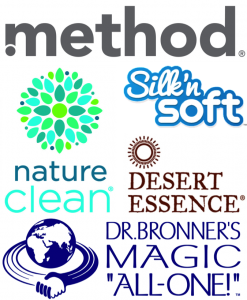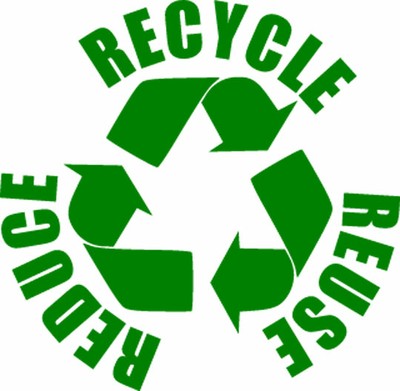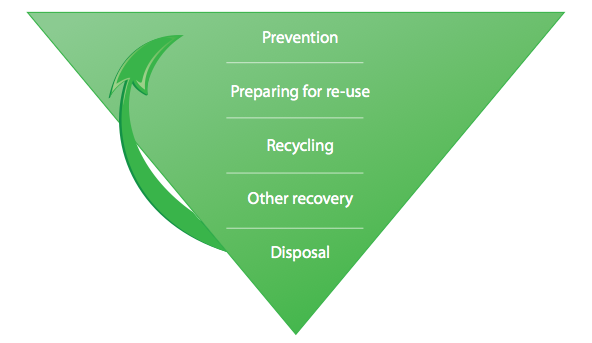I like to think of myself as a conscious consumer. I try to research companies and their products before I consider purchasing them. Below are some the tools I use when making informed decisions, check them out:
Ethical Consumer

Ethical Consumer are an UK-based, independent, not-for-profit co-operative founded in 1989, whose mission is make global business more sustainable through consumer pressure. They have several tools available for consumers including:
- Product Guides: For many product categories, Ethical Consumer have created an in-depth guide in which you can learn more about the category’s enviro-social impacts as well as explore a ranked score-table of companies with products in that category. The tables are incredibly detailed, scoring companies out of 20 on metrics ranging from pollution and environmental reporting to animal rights and testing, workers’ rights and supply chain management to political activities and tax avoidance. What makes them better than Good Guide is that they provide specific information on why companies were given a particular rating.
- Magazine: 6 times a year, Ethical Consumer publish a magazine outlining the key developments in the sustainable business world. These feature well-researched articles and research reports with the most current data available.
There are 2 downsides to Ethical Consumer however. Firstly, it costs $55 a year to become a member and access most of their information. The reason for this somewhat steep pricing (not really, how much is $4.50 a month really?) is that membership is their primary source of revenue. They do not spam you with meaningless advertising just for money. You can access the score-tables of their product guides for free though. So even if you don’t subscribe, it can be a great place to start your research. The 2nd downside is that, because they are UK-based, most of the companies and products they rate are also UK-based. They do include most of large, multinational companies though, such as P&G. The thing is, all of these companies have incredibly low ratings and all of the high raters are small, independent, UK-based companies. There are quite a few mid-sized, international companies though, like Method.
Good Guide

Good Guide are basically a less detailed version of Ethical Consumer. While they do provide detailed health, environmental, and social ratings, you can’t see specifically why companies achieved the rating they did, you only see a number. This does make me somewhat dubious towards the ratings, but their methodology, as they describe it, seems sound. The key benefit of Good Guide is that it features all of the brands North Americans realise. It is most definitely out of date for some products and companies so take their ratings with a pinch of salt. Nonetheless, it can be a great place to start your research, and their app and website are incredibly quick and easy to use on-the-go when you don’t have time to conduct serious research.
EWG

The Environmental Working Group produce 2 guides for consumers: Skin Deep (for personal care products) and Healthy Cleaning (for cleaning products). They provide detailed information on the health and environmental impacts of the products we use everyday. Their rating system makes it easy to quickly check which products are best in a category, while also providing links to where their information comes from.


